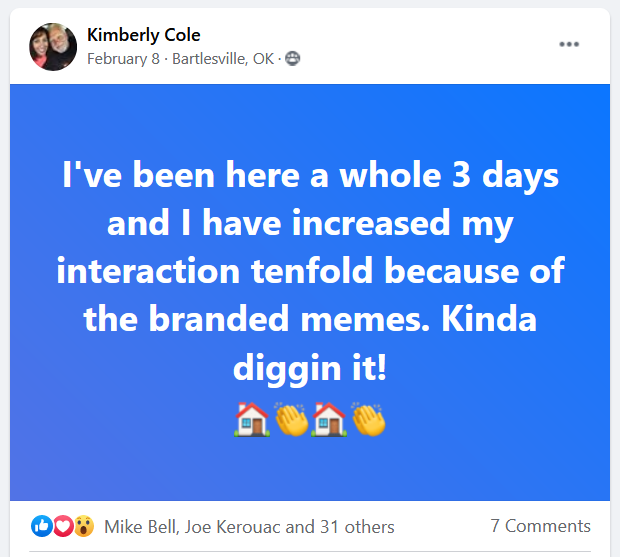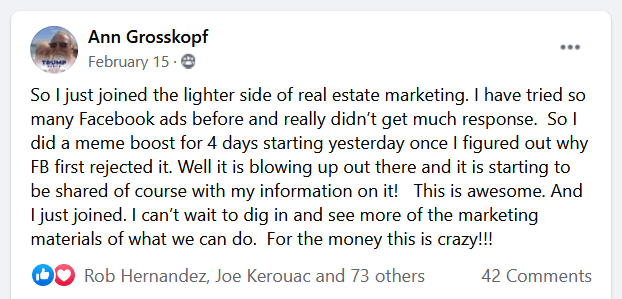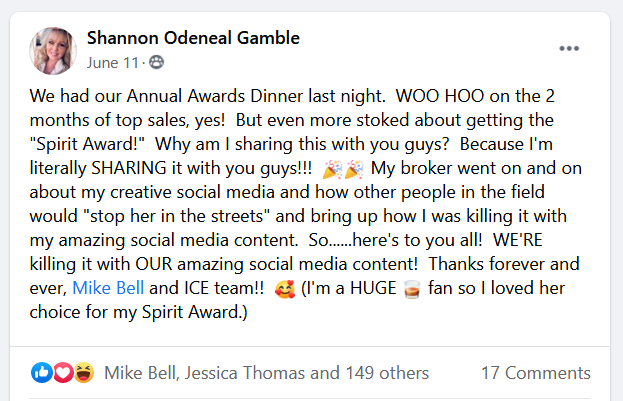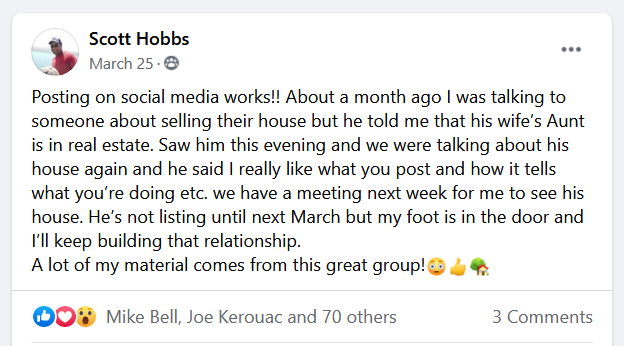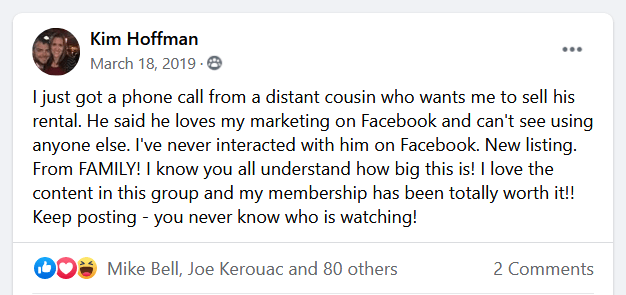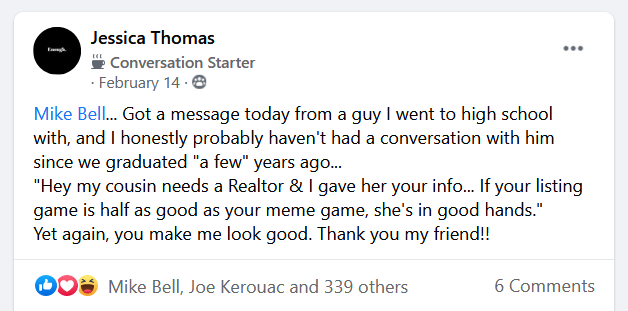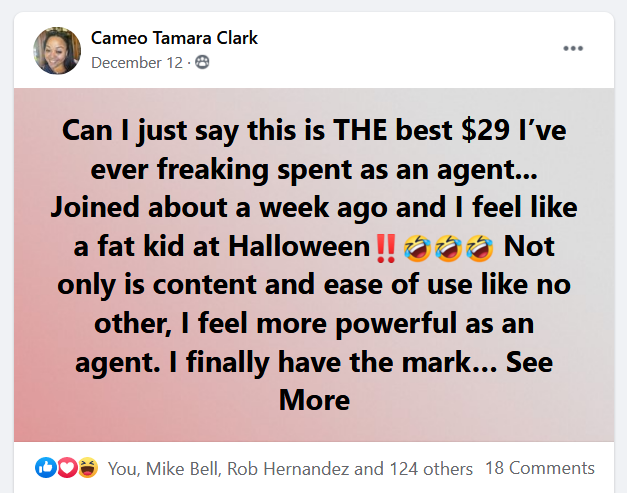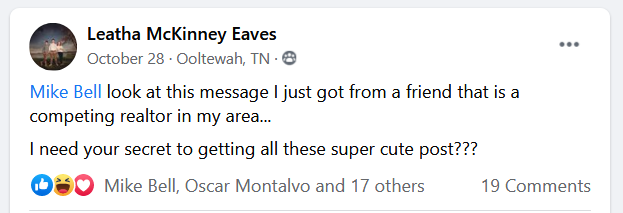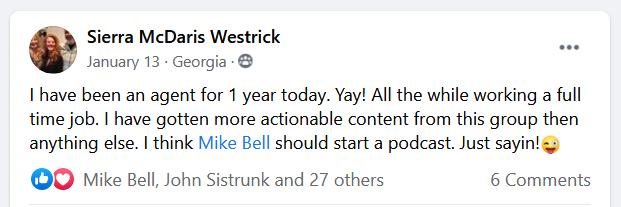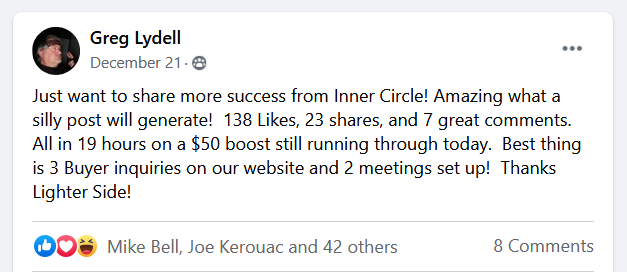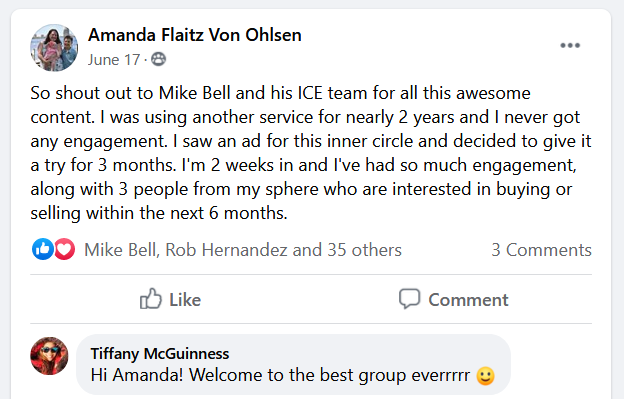
Baby Boomers Are about to Be Your Best Chance at Becoming a Listing Agent
Agents learn early on in their career that listings are the name of the game. Unfortunately, no matter how much sense that makes, it’s still



Homeownership is one of the central tenets of contemporary life. Most of us dream of a familiar, comfortable place to call our own, and buying a home is a rite of passage into adulthood, and into our own piece of the American Dream.
But until and unless you’ve been through the process at least once, there are plenty of mistakes many people make on their journey to property ownership.
If you’ve made any of these yourself, don’t feel bad—it can happen to the best of us. And if you’re an aspiring homeowner who wants to get ahead of the curve, take a look at the following things NOT to do when buying your first home…so when it’s time to pull the trigger, you’ll be ready to go!
It’s tempting to visit properties the minute you’ve made up your mind that you want to buy, but putting the cart before the horse can backfire spectacularly.
If you haven’t actually qualified for financing, you should hold off on going to look at houses with a real estate agent (or even going to open houses), since there’s no guarantee that a mortgage company can lend you the money. There’s no greater let down than finding a house you love, and finding out you can’t be approved for a mortgage in the price range of that house.
Besides, many sellers and their agents won’t even consider your offer if you don’t include a pre-approval letter. So, you should have it in hand in order not to lose precious time when you find “the one”.
Bottom line is…getting pre-approved is the first step in the homebuying process, so always start there.
We’re all influenced by the people around us, whether it’s friends, parents, significant others, or even people on the internet. But don’t let the opinions of others guide your decision making when it comes to buying a home.
Everyone has their own taste, but at the end of the day, you’re the one that will be paying, and, more importantly, (literally) living in your decision. Make an offer because you want to, not because you think it’s what someone else wants you to do.
Real estate can be quirky, and there are plenty of aesthetic choices homeowners make that won’t work for everyone else. But if everything is great except for some cosmetic features, don’t walk away from the deal over something that can be changed later on.
Location is about the only thing you can’t change about a house, but everything else can be removed, remodeled, and replaced, so don’t pass up something that might be a great fit just because it happens to have an eyesore, or isn’t quite your taste.
The thing about dream homes is that they’re usually pretty darn expensive. And, it’s just human nature to want as much (or more) than we can afford. So, it’s pretty common for home buyers to find themselves longing for that perfect house that’s usually a few hundred thousand (or million) dollars outside their price range.
Don’t let these properties get you down. If you look hard enough, there’s going to be a great option within your price range. And who knows, maybe sometime in the future, that dream house might actually be within your budget.
Making your first offer is a big deal, and you might think that since you’re putting so much money on the line that there’s no way someone could possibly turn it down. But the reality is a little more complex.
In a competitive market, sellers will often get multiple offers, or hold out for a higher price than you might be willing to go. There are a lot of moving parts, and there’s a good chance that if you saw something you liked about a house, some other buyer might have seen the same thing too. But don’t get discouraged—negotiations are common, and, if it doesn’t work out, another house will eventually come along.
An accepted offer is an important milestone, but it doesn’t mean the deal is done.
Between an accepted offer and closing, there are lots of moving parts and boxes that need to be checked: from financing, to inspections, to the title search, to seller’s circumstances—and unexpected things can happen throughout the process. While the overwhelming majority of accepted offers turn into closed deals, you should never assume that just because the buyer and seller have agreed, that the deal is finalized.
This has been the kiss of death for many real estate transactions. A buyer gets their offer accepted, starts the mortgage process, and then goes out and buys a car, or finances a bunch of new furniture for their new place. Then, once the mortgage company checks the credit report before closing—as they always do—the buyer no longer qualifies for the mortgage since they now have new debt that changes their debt to income ratio.
There’s a simple solution to this potential problem…don’t do it!
Many people do back-of-the-napkin calculations, or use an online calculator, to figure out how much money they’ll need to bring to closing. But it’s important to get accurate estimates from your mortgage lender, because if you don’t, you run the risk of being unpleasantly surprised, or worse, coming up short.
There are many fees associated with a real estate transaction, from closing costs, to state taxes and fees, to attorney’s fees, and you should be aware of all of them well before the closing day. You won’t be able to get an exact amount on your closing costs until you are close to your closing day, but you can and should get a good handle on how much to approximately expect.
Most people wouldn’t do this, of course, but not only do you run the risk of not being approved for financing if you try to mislead your lender, you also might end up facing some legal issues down the road. There are some who—in an effort to get approved—might embellish, or flat-out lie on their mortgage application, but the only one that will ultimately be hurt by these lies is the borrower. Mortgage companies have rigorous screening and validation processes, and they usually uncover deception when it can’t be backed up with the proper documentation. So make sure you tell the truth, it’s the only way to go.
A real estate transaction is a complicated, sometimes stressful experience that requires a knowledgeable and level-headed professional to help guide you through the process. That’s why picking the wrong agent can have devastating consequences. Even worse than hiring an agent who doesn’t know the answers, is working with someone who doesn’t care. A great agent has empathy, and will make sure you feel good about things as you go through the process. So don’t be flippant about who you decide to work with, because the consequences are more impactful than you might think.
At the end of the day, buying your first home should be an exciting and rewarding experience. It’s a rite of passage, and you should be proud of yourself for getting there!

(Shh, our secret)
Show your sphere your an expert. We have over 2100 articles covering every real estate topic your audience will love.
Position yourself as a real estate authority!
Real estate + topical events — the perfect match!
Become the bearer of good vibes!
Because hey, everyone loves to laugh!



Get our weekly email that makes communicating with your sphere on social actually enjoyable. Stay informed and entertained, for free.

Agents learn early on in their career that listings are the name of the game. Unfortunately, no matter how much sense that makes, it’s still

Open your inbox right now. Take a look. Go ahead. Chances are, it’s overwhelming. A wall of unread messages, combined with some that’ve been sitting

Hello dearest real estate friend. Glad you could make it today. What I want to do here is simple – convince you to be yourself.

Ideally, every client you work with would write you a heartfelt, glowing review…without being asked. But, alas, most don’t. It doesn’t mean they wouldn’t. But
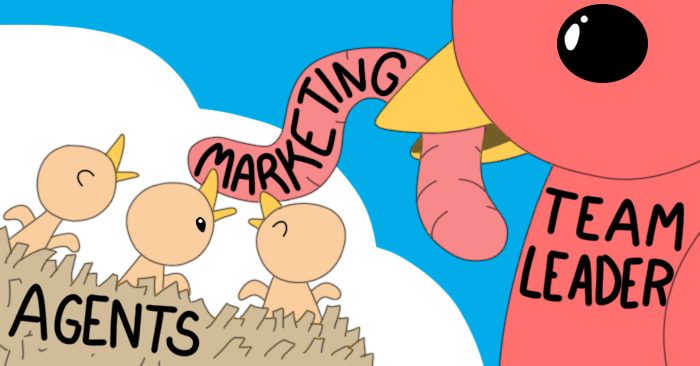
Being a team leader can be like being a bird bringing back food to feed a nest full of hungry babies. Without you feeding leads
Depending on your situation, it may not take the full 30 minutes.

This reset password link has expired. Check the latest email sent to you.
